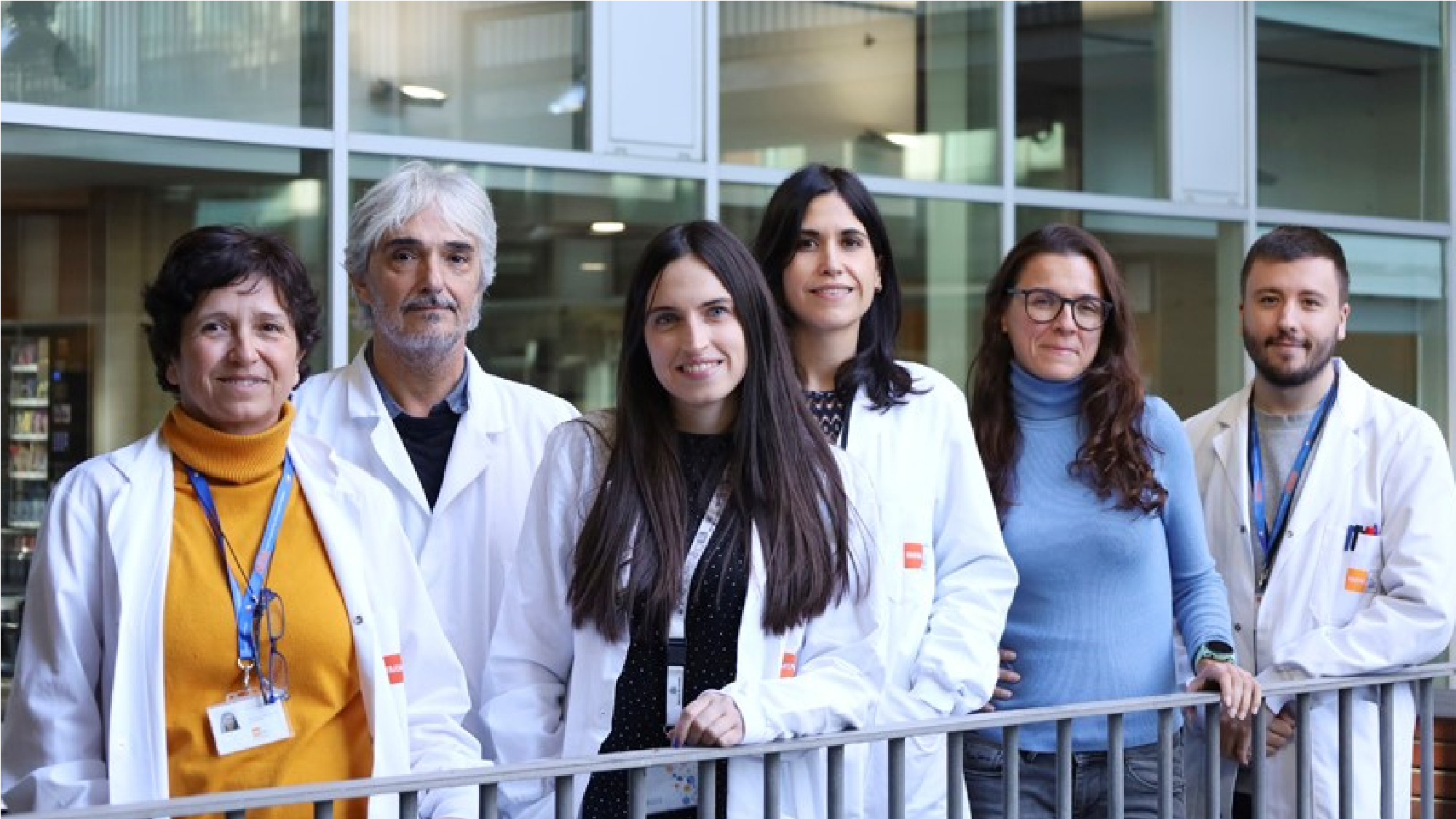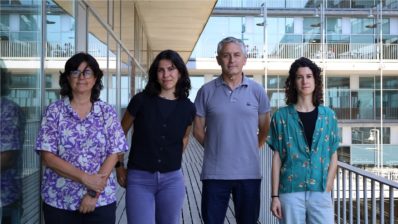T-cell acute lymphoblastic leukemia is a rare disease, which is diagnosed in around a hundred people each year in Spain, and affects mainly during childhood. Some patients do not respond well to the usual chemotherapy. Thanks to a study led by researchers from the Hospital del Mar Medical Research Institute (IMIM), now it will not only be possible to know in advance which patients are more likely to not respond to chemotherapy, but also resistance to this treatment could be eliminated.
In fact, the work, carried out by the Stem Cell Research Group led by Anna Bigas, has shown, in a mouse model, that combining chemotherapy with a beta-catenin protein inhibitor can eliminate resistance to the treatment. The authors believe that this combination could also further improve response in cases where the treatment (chemotherapy) already works.
Using both patient samples and animal models, the team has confirmed the role of beta-catenin in the formation of leukemia, through its action on 79 genes. “Now we are looking at which of these genes are more informative and could guide the diagnosis of the response of patients to conventional chemotherapy,” says Bigas, who is also vice-director of Preclinical Research at the Josep Carreras Leukemia Research Institute.
The next steps will be to carry out studies with cells from human patients in mice and, in case of getting positive results, launch a clinical trial in humans.
Violeta García Hernández et al. β-catenin activity induces an RNA biosynthesis program promoting therapy resistance in T Acute Lymphoblastic Leukemia. EMBO Mol Med (2023)e16554 https://doi.org/10.15252/emmm.202216554






